
http://www.forward.com/articles/104261/
Hikind Retreating On Tough Tactics Against Molesters
By Rebecca Dube
Assemblyman Dov Hikind of Brooklyn, a leading voice in the fight to end child sexual abuse in Orthodox communities, is backing down from some of his previous claims and backing away from one of his most confrontational stands against an alleged pedophile.
In an interview with the Forward, Hikind dramatically scaled down a previously reported estimate of the number of abuse cases he knew about. He also said he could not keep a pledge to force a prominent yeshiva to remove an alleged pedophile from its staff.
Hikind said that he adjusted his tactics in order to be most effective. “Some people want me to yell and scream; they want me to burn the town down. I know how to do that, but I would lose the war immediately,” Hikind said in his office in the Brooklyn neighborhood of Boro Park.
After Hikind first publicized the problem of child sexual abuse in religious communities on his weekly radio show, it was widely reported that he heard from 1,000 victims of past and current abuse. That figure was attributed to Hikind by The New York Times, the New York Post, the Forward and other Jewish media.
But the real figure is about 100, Hikind told the Forward. He said the often repeated 1,000 number may have come from his speculation about the possible number of cases, given what he has heard from therapists who treat sexual abuse victims.
“I think what we were saying to everybody was, my God, the numbers must be astronomical,” Hikind said. “We never said a thousand. It keeps on getting repeated; anybody who talks to me, I actually tell them what the facts are.”
In the same interview, Hikind retreated from his previous position with regard to one of the Orthodox community’s most prominent alleged abusers — Rabbi Avrohom Reichman, formerly principal of, and currently a teacher at, the United Talmudical Academy, located in the Williamsburg section of Brooklyn. Reichman, the UTA and the Satmar Bungalow Colony summer camp are all named as defendants in a lawsuit filed by Joel Engelman, 23, who says that he was sexually abused by Reichman when he was 8 years old and that the school covered up the abuse.
Since Engelman went public with his allegations, both his family and Hikind have heard from others who say they were also victimized by Reichman. Last summer, following those revelations, Hikind vowed publicly that Reichman would not return to his teaching job in the fall of 2008.
But the accused rabbi is still teaching, and Hikind has not publicly pressed the issue further. The assemblyman told the Forward that his confrontation with Satmar leaders has been “a rather huge learning experience for me.”
Hikind stated that he has “been extremely clear publicly that I believe Rabbi Reichman has done some terrible things, and he should be out. We tried a lot of things behind the scenes to get [Satmar leaders and school officials] to remove this guy, but at the end of the day, for whatever reason — and I think it has something to do with his family being very prominent and having a lot of money — they were not going to remove this guy willingly. Period. End of story.”
The UTA did not return a phone message seeking a response to the allegations.
Hikind said that he could have raised more of a ruckus — for example, by protesting in front of the school — but he believed that such tactics would ultimately hurt the cause by turning other Orthodox leaders against him, which in turn would discourage other victims from speaking out.
“I made a decision that for me to go to war with Satmar, war meaning going into the streets and fighting them publicly and protesting outside the school… it would just destroy everything I’m trying to do,” Hikind said. “I felt without doubt that I would jeopardize everything else that I’m doing. I’ve had to walk on eggs.”
Pearl Engelman, Joel’s mother, has lashed out at Hikind in the past. But at a recent public forum on child sexual abuse, she seemed more sad than angry with Hikind — though still furious at her son’s alleged molester. “The school is stronger than Dov Hikind,” she said quietly. She said people often ask her why Reichman is still teaching children.
“Honestly, I have no answer, and it needs to be asked of the community and the school that is harboring him,” she said, adding that many UTA parents don’t even know about the abuse allegations, despite widespread publicity. “Our community is so secluded that people actually don’t know the news.”
While he has been trying to work cooperatively with religious leaders, Hikind said he is supplying the district attorney’s office with the names of accused molesters. He steadfastly refuses to disclose the names of victims or to publicly name accused pedophiles, but he said giving information about suspected molesters to the authorities is something different altogether.
“We have always worked with the DA,” Hikind said. “We don’t go out and publicize it, because that would destroy everything that I’m doing. But when we have situations where there’s a danger, we constantly give that information to the proper authorities.”
He would not disclose the number of names he has passed along to the district attorney, saying only that it was “many, many, many.” The Brooklyn district attorney’s office confirmed that Hikind has been sharing information, but the office declined to specify how many names the assemblyman has passed along. Overall, the D.A. now has 19 open cases involving allegations of sexual abuse in Orthodox communities in Brooklyn, said Jonah Bruno, a spokesman for Brooklyn District Attorney Charles Hynes.
Advocates for abuse survivors say they understand that Hikind has to tread cautiously, and they appreciate his efforts.
“The fact that 100 victims came forward is significant. Think about how hard it is for a survivor to come forward in the face of the stigma in their communities. These people are really courageous,” said Lonnie Soury, who is a spokesman for Survivors for Justice, a group of Jewish sexual abuse survivors.
Elliot Pasik, the attorney handling Engelman’s lawsuit, confirmed that Hikind has been communicating with law enforcement.
“People need to recognize that the sex abuse problem has been brewing in the Orthodox community for 30 years, and an overnight solution is simply not feasible,” said Pasik, president of the Jewish Board of Advocates for Children, a group he founded last year. “I understand there are advocates clamoring for Mr. Hikind to publicly release the names of the alleged molesters, but we shouldn’t pursue vigilantism…. There is a validity to the path Mr. Hikind has pursued.”
In addition to civil lawsuits and criminal investigations, the third front in the fight against sex abuse is unfolding in Albany, where lawmakers are considering two bills that could permanently change the way religious communities deal with sexual abuse.
One would require background checks and fingerprinting for all private school employees — something that is already mandated for public schools. Sponsored by Assemblyman Harvey Weisenberg and co-sponsored by Hikind, among others, the fingerprinting bill is awaiting a hearing in the Assembly education committee.
The second bill, sponsored by Assemblywoman Margaret Markey and also co-sponsored by Hikind, would extend the statute of limitations by five years for criminal and civil cases of child sex abuse and would create a one-year window during which people could sue over old cases of sexual abuse. That bill, which would expose churches, religious schools and synagogues to possible litigation from abuses stretching back many years, may get a vote in the Assembly in the next few weeks.
In the meantime, survivors of sexual abuse say they will continue to speak out, and Hikind says he will continue advocating on their behalf — in his own way.




































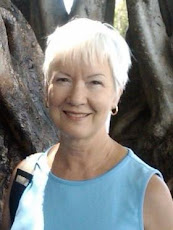

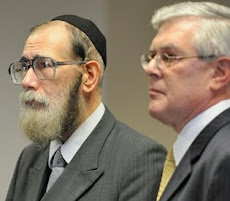

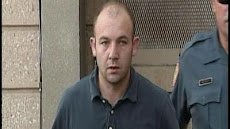









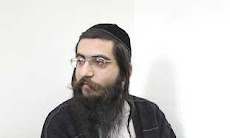





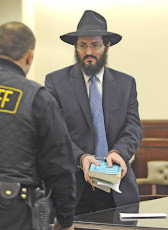














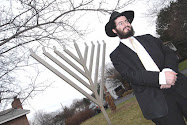




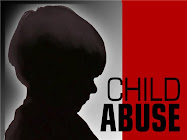



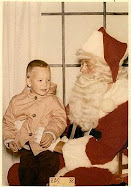









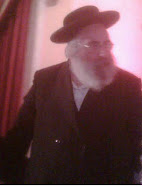



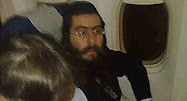




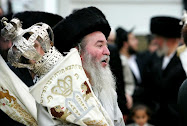


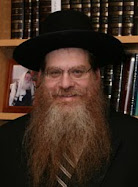












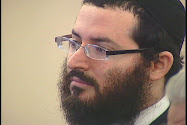
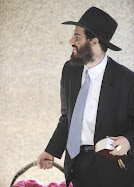
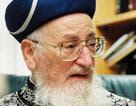









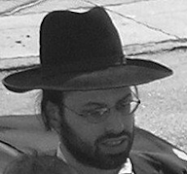

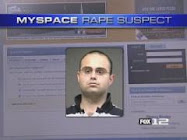









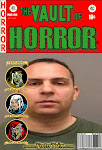











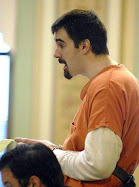


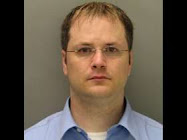


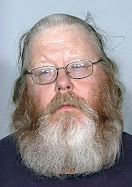

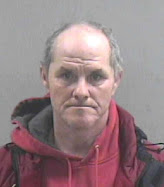
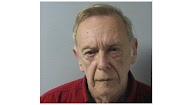
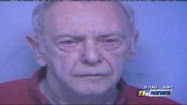













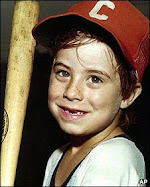

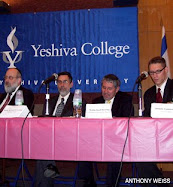
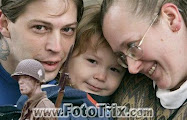




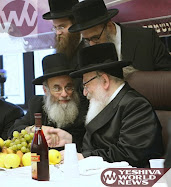
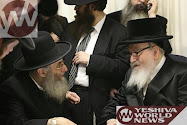
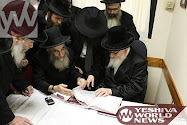






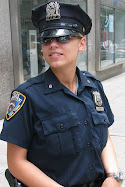


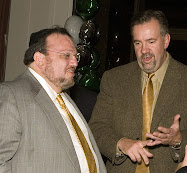
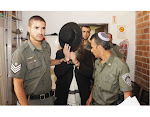



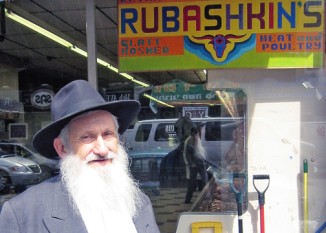


















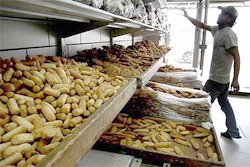







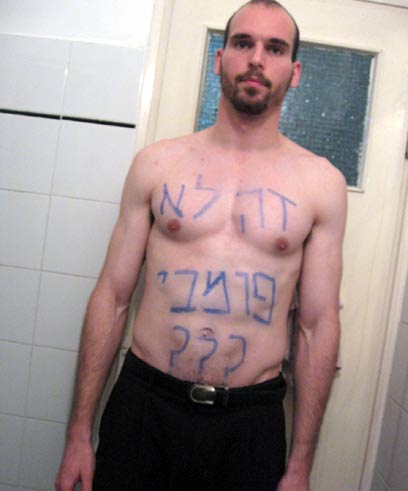
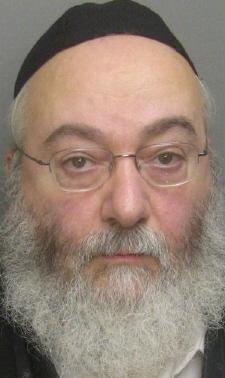


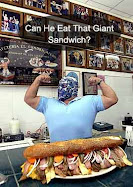









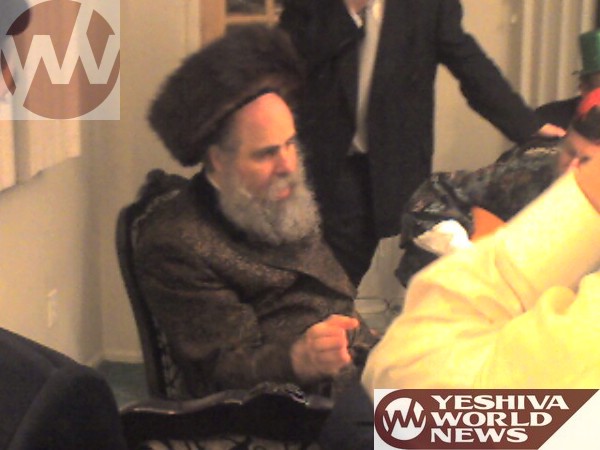






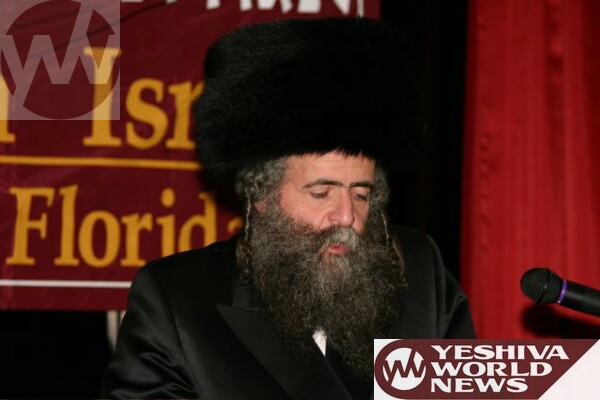


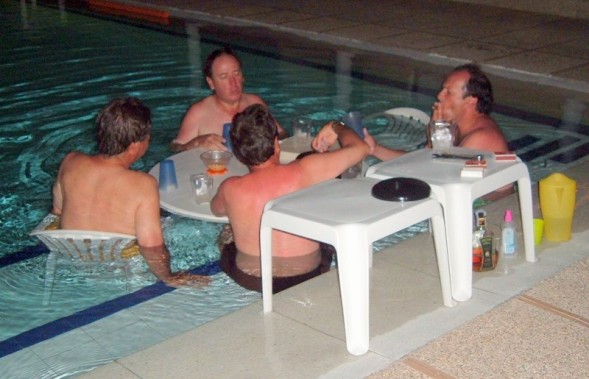

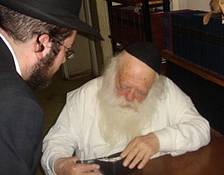

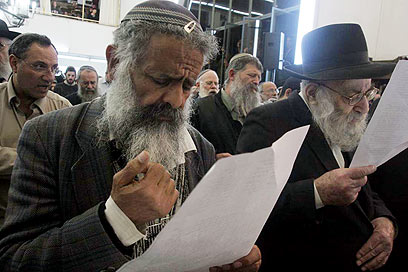
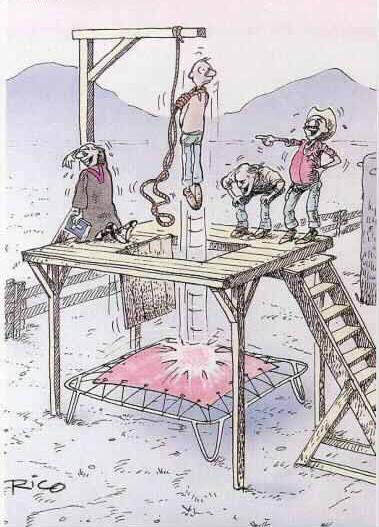
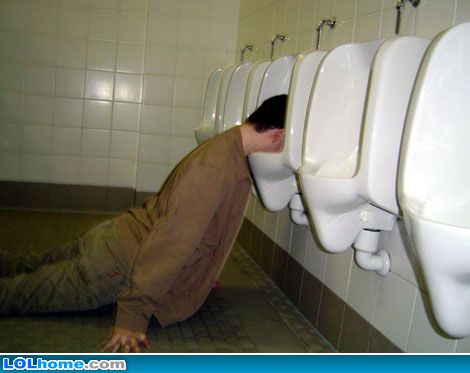


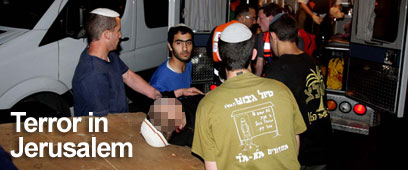
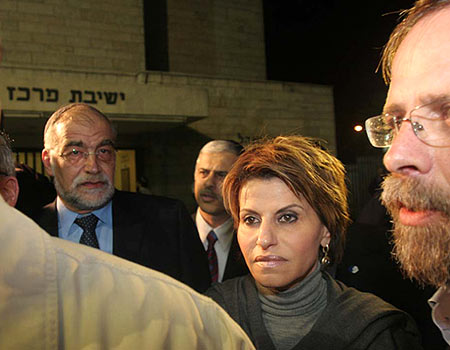
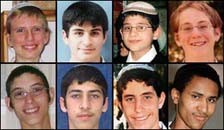
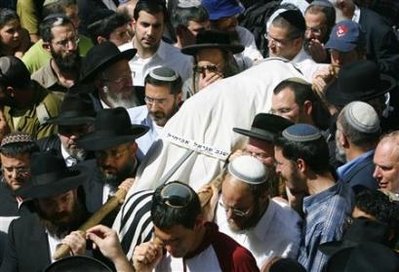
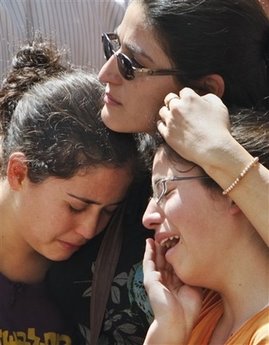
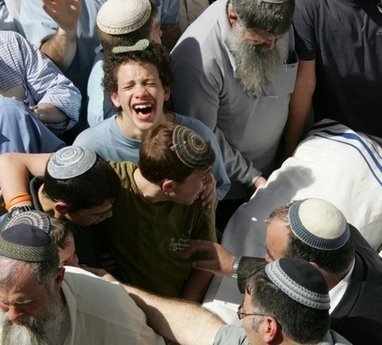
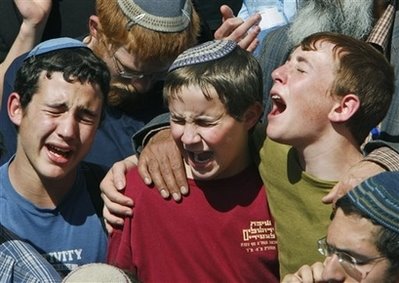
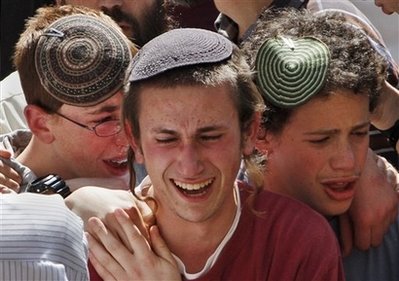
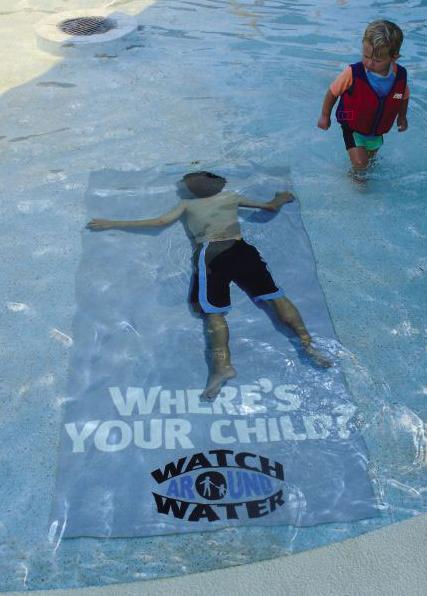

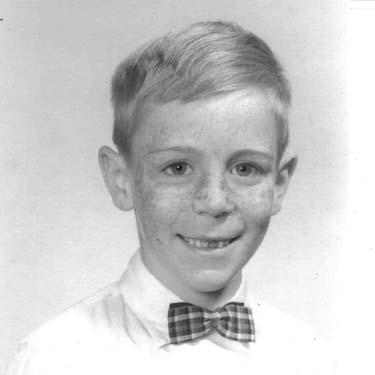







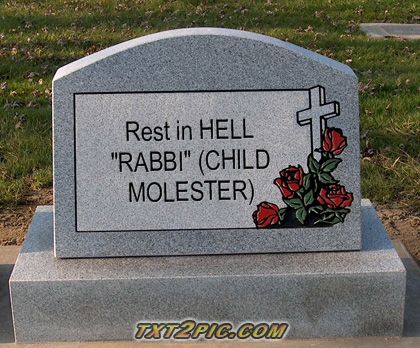
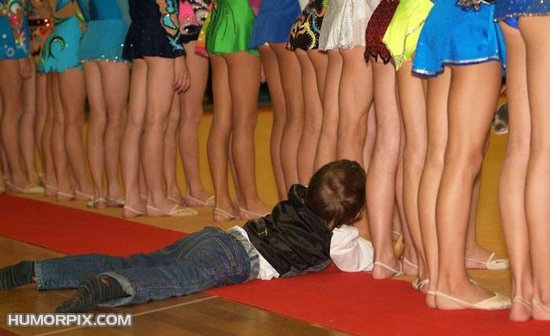







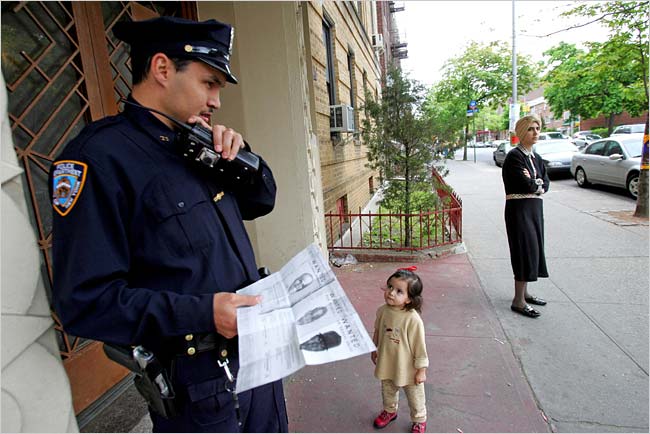















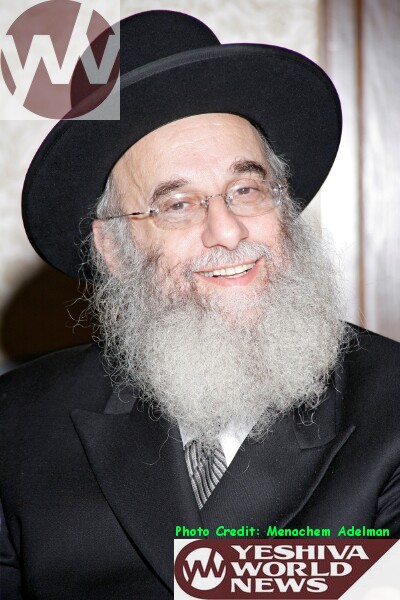
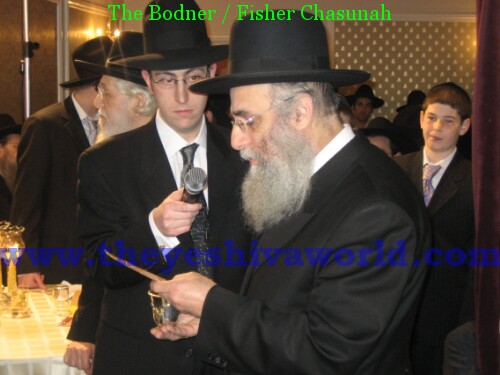
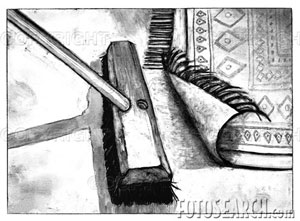
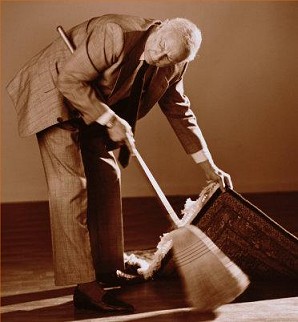








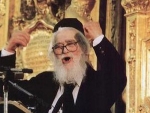
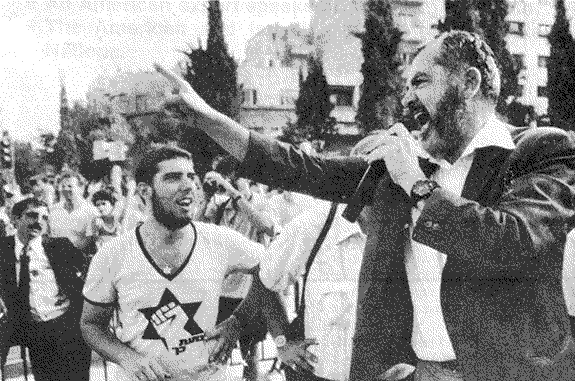
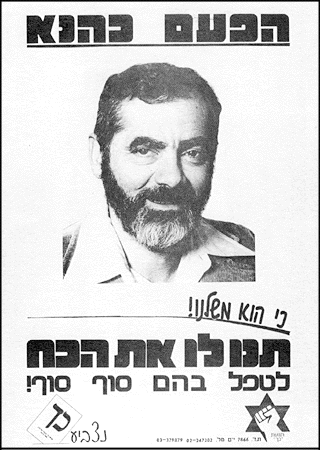
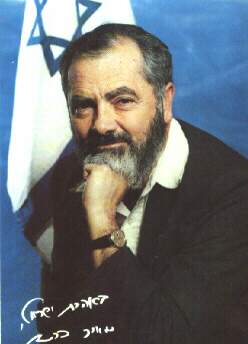
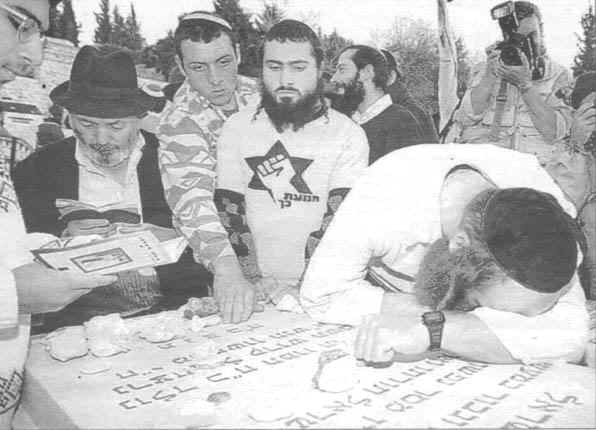
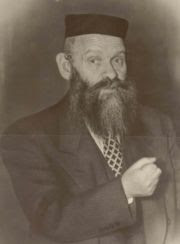




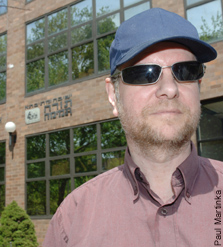


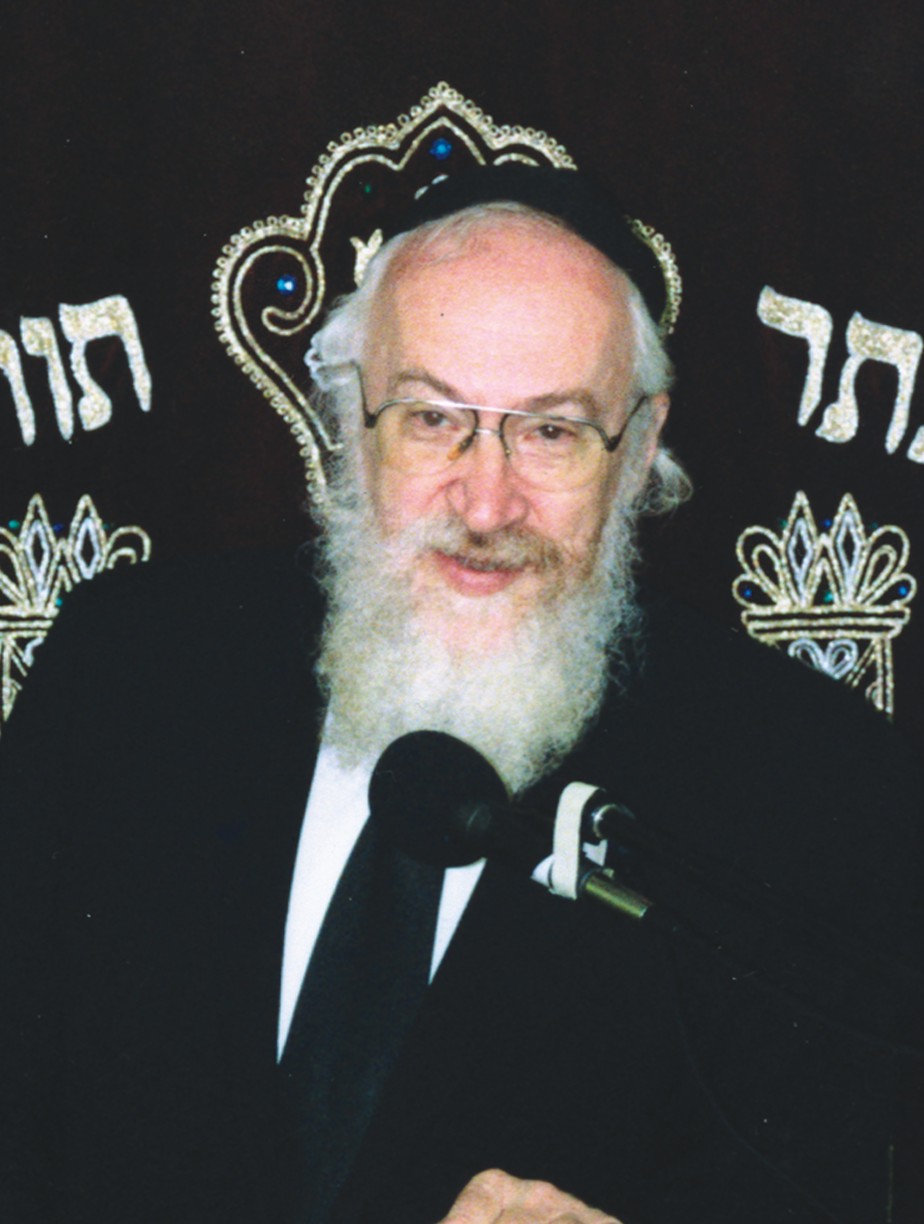





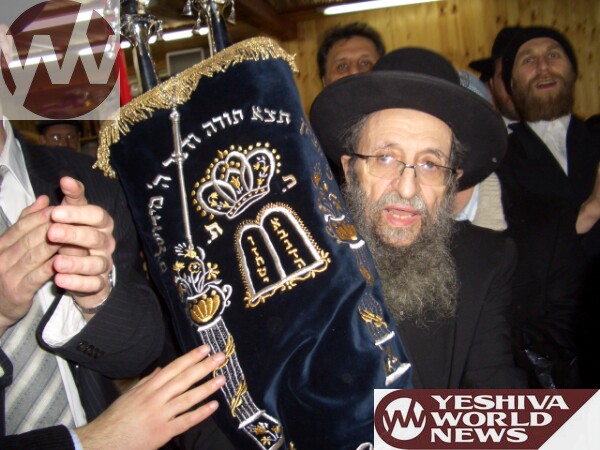

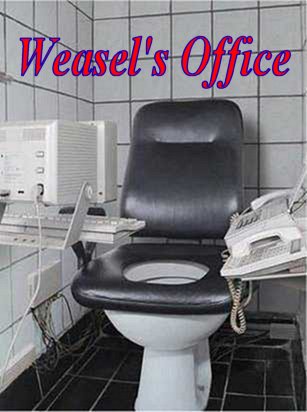


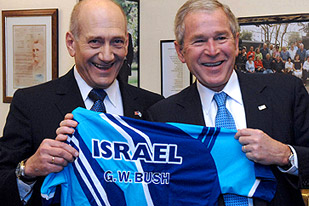
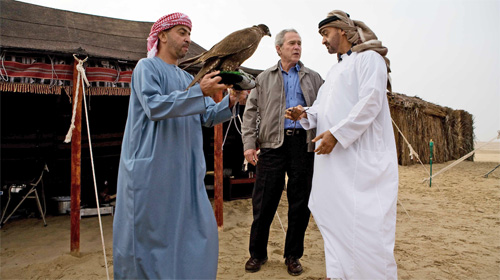


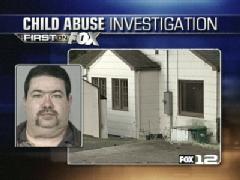
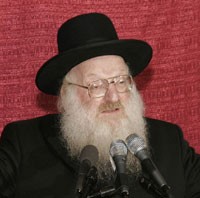

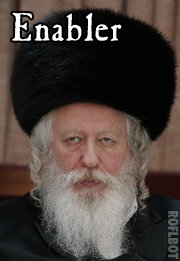


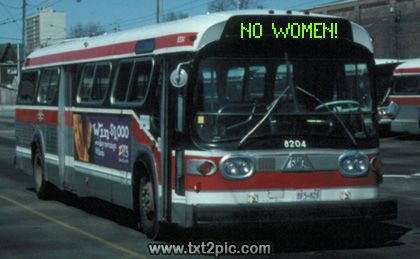










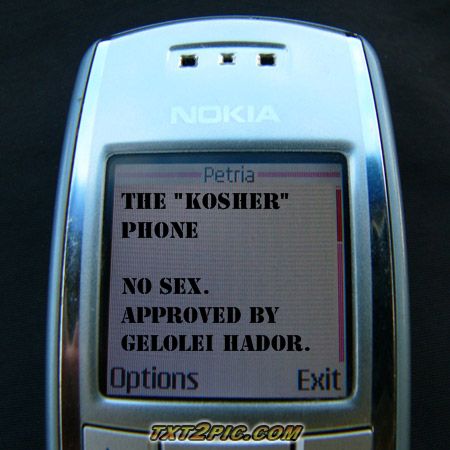





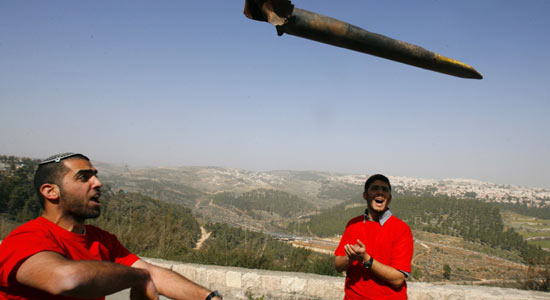
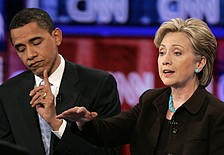


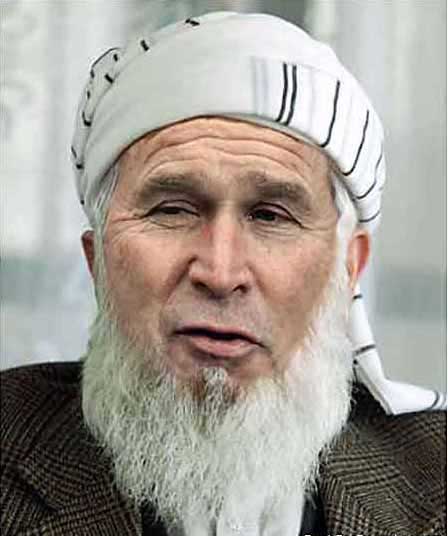









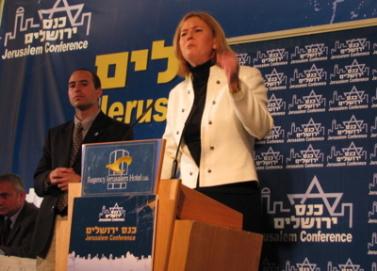


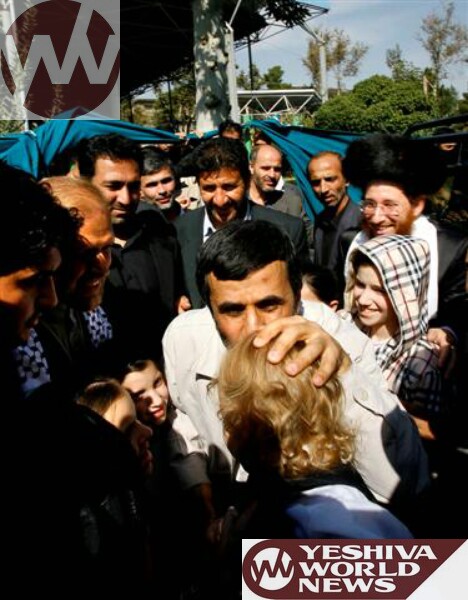
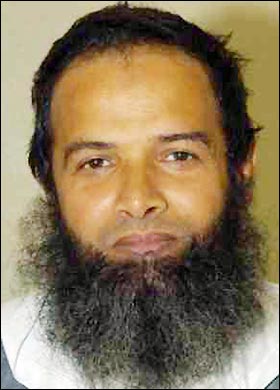


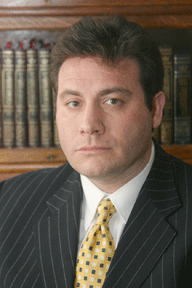

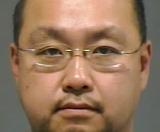
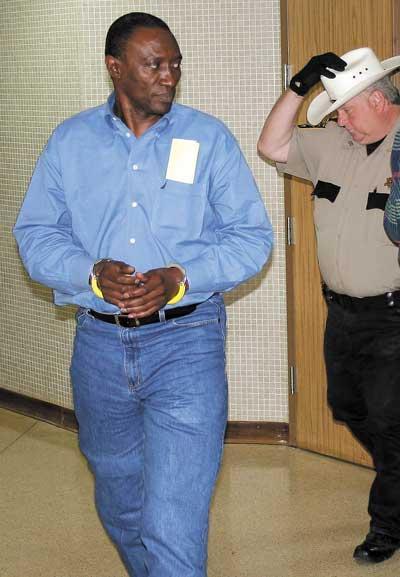

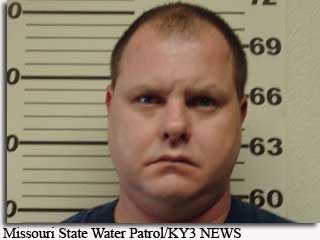



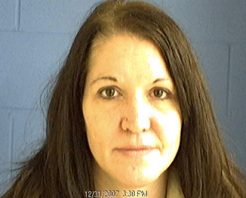
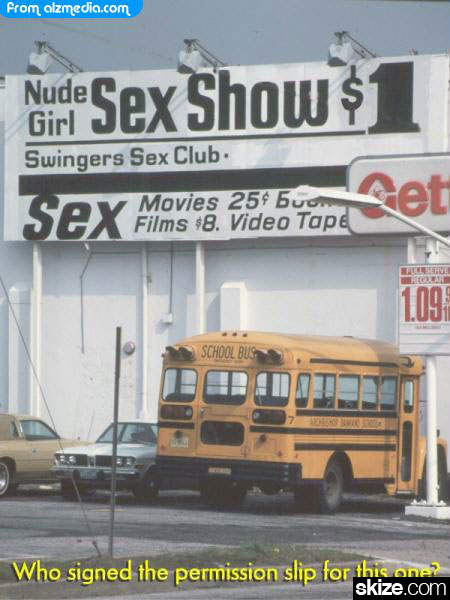

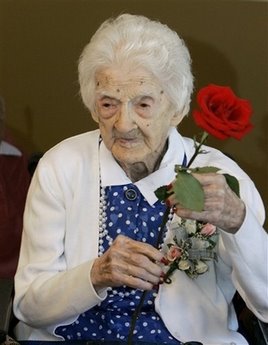

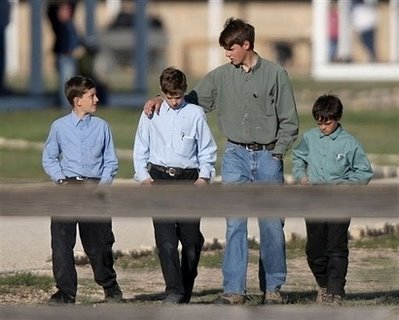



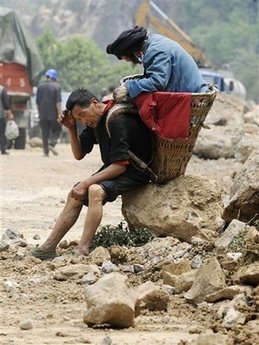



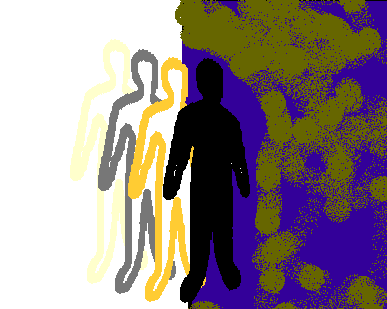

22 comments:
Book--
Shine the light
By Rachel Lev
This is an extraordinary journey into the stories, minds, and hearts of adult Jewish survivors of sexual abuse and incest. Rachel Lev, a therapist and incest survivor herself, blends her own experiences with those of other survivors, and reflects upon their personal relationships to the Jewish community, which can either encourage denial or be a place of healing. Shine the Light emphasizes healing, which Lev believes can come about through self-expression, creativity, and, above all, feeling connected, not isolated. The book offers the rare opportunity for the survivors to speak for themselves, through firsthand accounts, poetry, and artwork, beautifully reproduced in color.
The twenty-two contributing authors and artists identify themselves along the spectrum from "just Jewish" to Orthodox and represent a wide range of professions and ethnic backgrounds. In these accounts we meet, for example, Elizabeth, who overcame a disabling fear of people brought on by years of sexual abuse; Hadass G., who found drawing to be part of her healing process; Hillary, who, as a result of chronic stress-related illnesses, was forced to face her history of abuse; and Jerome, a survivor of maternal sexual abuse who struggles with issues of trust.
Sexual abuse occurs in all cultures, but Lev explains the particular difficulties for the Jewish community in acknowledging the problem, given its long history of victimization and its need for positive self-images. The author, however, reveals Judaism to be rich in resources for healing as she explores Jewish law, tradition, and rituals that include the thoughts of rabbis, community leaders and survivors. The book concludes with appendices of information for survivors seeking help and for family, friends, professionals, and religious communities who wish to reach out to them.
Taking an innovative and sensitive approach to what has long been an unspeakable ordeal to so many, Shine the Light builds a sense of community. It tells survivors that they are not alone and helps everyone from family to therapists to religious leaders understand their role in the healing process and, ultimately, in preventing these violations from happening.
More details
Shine the light: sexual abuse and healing in the Jewish community
By Rachel Lev
Edition: illustrated
Published by UPNE, 2003
ISBN 1555535348, 9781555535346
266 pages
How Does Jewish Law Define Sexual Abuse?
Rabbi Mark Dratch
www.JSafe.org
There are things that should go without saying that nevertheless need to be said, and said loudly! There are recent and widespread reports that a certain prominent Jewish religious authority dismissed allegations of sexual abuse against a rabbi and teacher because according to Jewish law there was no abuse. The report claims that this prominent posek ruled that since there was no genital penetration by the alleged perpetrator there was no abuse.
I do not know if this report is factual. I do know that the ruling is NOT consistent with Jewish law. One does not need a Code of Law to forbid such acts; they are inherently repulsive and repugnant (Rambam, Shemoneh Perakim, ch. 6). But one does not have to search far and wide in Jewish legal literature itself in order to find the forbidden nature of these activities that seem to have been dismissed so cavalierly. Failure to speak out against the misrepresentation of Jewish law would be a violation of the biblical injunction to “Keep far from a false matter (Ex. 23:7)” (Shevu’ot 30b-31a) and would render one guilty of being megaleh panim ba-Torah she-lo ke-Halakhah—rendering an interpretation of the Torah not according to Halakhah (Avot 3:11, Sanhedrin 99a).
1. Although penetration may be required to render an intimate act occurring between a man and woman to be adultery, with all of its pursuant consequences (Rambam, Issurei Bi’ah 1:10; Shulhan Arukh, Even ha-Ezer 20:1), or to render an intimate act occurring between two men to be considered an act of homosexuality, with all of its pursuant consequences (Rambam, Issurei Bi’ah 1:14), nevertheless sexualized contact of any kind between ineligible partners (and that certainly includes a teacher and his students!), including kissing and fondling, is forbidden and is subject to punishment according to Jewish law (Shulhan Arukh, Even ha-Ezer 20:1), either biblically or rabbinically (See Bet Shmuel and Helkat Mehokek).
2. Jewish law forbids intentional self arousal and illicit thoughts. It even forbids a number of benign activities that may bring about sexual stimulation. (Shulhan Arukh, Even ha-Ezer 23:3,4,6,7) Certainly Halakhah forbids explicit activities that are inherently sexualized and whose very intent is to offer the perpetrator sexual arousal and pleasure!
3. The Talmud, Sanhedrin 75a, records and Rambam, Hil. Yesodei ha-Torah 5:9, codifies the following story that supports the contention that any sexualized behavior or interaction between those that fall into the category of arayot (forbidden sexual partners) is prohibited: “Rav Yehudah said in Rav's name: A man once conceived a passion for a certain woman and his heart was consumed
by his burning desire (even to the point of his life being endangered.) When the doctors were consulted, they said, “His only cure is that she shall submit (to him sexually).” Thereupon the Sages said: “Let him die rather than that she should yield.” Then [the doctors said]; “let her stand nude before him.” [The Sages answered,] “Sooner let him die.” Said the doctors, “Let her (at least) converse with him from behind a fence.” The Sages replied, “Let him die rather than she should converse with him from behind a fence.”
4. Jewish law prohibits emotional assault and abuse. Victims of abusers—even those that do not penetrate them—live with the memories of the abuse for a lifetime and often suffer PTSD and suffer from psychological and emotional distress. The verse, “You shall not wrong one another; but you shall fear your God; for I am the Lord your God” (Lev. 25:17) prohibits emotional distress (Baba Metzi’a 58a). This is referred to as ona’at devarim (verbal wronging) and includes any speech or activity which maliciously attacks another’s sense of self (Rashi to Lev. 25:17) or causes emotional or psychological pain. (Rashi, Baba Metzi’a 59b, s.v. hutz; Rambam, Sefer ha-Mitzvot, no. 251).
5. Abusers also violate “And you shall love your neighbor as yourself” (Lev. 19:18) and “What is hateful to you, do not to your neighbor.” (Shabbat 31a ).
6. Such behavior is clearly a hillul Hashem, a desecration of God’s Name. No civilized society would accept such treatment of their children! Suggesting that the Torah permits such abuse causes people to say: “Woe unto him who studied the Torah; woe unto his father who taught him Torah; woe unto his teacher who taught him Torah! This man studied the Torah: Look, how corrupt are his deeds, how ugly his ways; of him Scripture says: ‘In that men said of them, “These are the people of the Lord, and are gone forth out of His land”.’” (Yoma 86a) Can it be that the very children that the Jewish people brought as our guarantors at the time of the receiving of the Torah (Shir Ha-Shirim Rabba 1:3) should be sacrificed, abandoned and abused by that very Torah?
7. These acts are a clear violation of the Torah’s warning to refrain from sexual impropriety and other forms of immorality that define decadent and depraved societies: “After the doings of the land of Egypt, where you dwelt, shall you not do; and after the doings of the land of Canaan, where I bring you, shall you not do; nor shall you walk in their ordinances. You shall do My judgments, and keep my ordinances, to walk with them; I am the Lord your God.” (Lev. 18:3-4
Legal Issues On Sex Crimes and Halacha (Jewish Law)
theawarenesscenter.org
The typical child sex offender molests an average of 117 children, most of who do not report the offence. Source: National Institute of Mental Health, 1988.
One of the goals of The Awareness Center, Inc. is to insure that when allegations of sex crimes are made regarding a rabbi, cantor or any other individual that police reports are filed immediately by the survivors. It is highly recommended that the survivor to contact their local rape crisis center to go with them to insure that their rights are protected. Most rape crisis centers have trained volunteers who do this free of charge.
The Awareness Center, Inc. also suggests that if any organization wants to conduct an investigation that they consult with the following individuals first. This includes all rabbinical/cantorial organizations, schools, synagogue, agencies, etc.
* Joanne Archambault, Sergeant (Ret.) - Sexual Assault Training & Investigations (SATI)
*
Robert Hugh Farley - Child Abuse Training Forensic Child Abuse Consulting
*
Marci Hamilton - Cardozo School of Law
*
Polly Poskin - The Illinois Coalition Against Sexual Assault (ICASA)
That sucks. Now I can't market up the prices and rip off jews who want kosher lepesach products.
-----------------------------
Huge Passover Price Disparities Found, Leading Rabbis Sign Ban Prohibiting Price Gouging
Assemblyman Dov Hikind (D-Brooklyn) and Mr. Alexander Rapaport of Masbia Soup Kitchen have joined forces to draft a religious ban prohibiting Passover price gouging in the Orthodox Jewish community. This decree, known as a kol koreh or a public pronouncement, is not a new phenomenon in the religious Jewish community. There is a great deal of precedent in Jewish law for rabbis to issue edicts against monopolies or other situations which are deemed spiritually reckless.
Signed by 30 prominent rabbis, this kol koreh employs strong language. The edict states (translated from the Hebrew), “Now before Passover, especially when the economy is so bad, we are reminding people of the Jewish law concerning monopolies.” The rabbis further caution store owners to have mercy on the consumer all year around, but particularly at Passover when there is so much need. “And it is forbidden to take advantage of market prices before the holiday and to raise prices without a justifiable reason,” warns the decree.
In addition to the edict, Hikind has secured commitments from major distributors to sell Passover items at or below cost. Golden Flow, Mehadrin Dairy, Ahava Foods, and World Cheese Co. Inc. (Ha’Olam) have all agreed to maintain their year-round pricing for Passover. Reisman Bakery and Materna (the Israeli baby formula and food company) have each announced a 15 percent discount on all their kosher-for-Passover products.
These distributors are among those praised in the ban by the rabbis. “We were happy to hear that some stores and manufacturers listened to the poor in our community, and have either brought down prices or agreed not to raise them. The Al-mighty should bless their efforts and people should learn from them and replicate their actions.”
In explaining his reasoning behind the need for this ban, Hikind said, “I do not begrudge any store owner from making a living. I am just asking owners to have compassion and not to take advantage of people just because they can get away with it. I am hoping those who determine the prices will adhere to the kol koreh.”
Unlike many rabbinical decrees where rabbis’ names are added without their perusal or consent, this kol koreh was read and signed personally by each rabbi listed. Following is the list of rabbis who have affixed their names to the ban: Rabbi Moshe Freidman, Satmar Dayan; Rabbi Yechiel Mechil Steinmetz, Skver Dayan; Rabbi Shlomo Gross, Belz Dayan; Rabbi Yecheskel Roth, Karlesburg Rav; Rabbi Yitzchok Stein, Foltishan Dayan; Rabbi Tzvi Hirsh Friedlander, Liske Rav; Rabbi Avrohom Friedlander, Hivnover Rav; Rabbi Pinchas Shulom Hager, Viznitz Rav; Rabbi Menachem Mendel Rosenberg, Viznitz Dayan; Rabbi Shrage Favish Hager, Kosov Rebbe; Rabbi Moshe Fogel, Ger Dayan; Rabbi Elye Fischer, Ger Rosh HaKollel; Rabbi Yakkov Miller, Eizenshtater Rav; Rabbi Avrohom Chaim Schteinwurtzel, Matei Efrayim Rav; Rabbi Gavriel Tzinner, Neitei Gavriel Rav; Rabbi Chaim Eluzer Freidman, Tenke Rav; Rabbi Aron Glick, Kameniz Rav; Rabbi Chaim Yeshuah Konig, Yokeh Rav; Rabbi Moshe Menachem Weiss, Pupe Dayan; Rabbi Yechiel Kaufman, Sfardish Shul Rav and executive director of BPJCC; Rabbi Yakov Perlow, Novominsker Rebbe; Rabbi Moshe Wolfson, Emunas Yisroel Rav and mashgiach of Torah Voda’as; Rabbi Yakov Yisroel Rubin, Brizdovitz Rav; Rabbi Psachaya Fried, Bnei Yisroel Rav; Rabbi Shulem Yosef Chaim HaCohen Fried, Krasne Rav; Rabbi Aron Wieder, Linzer Rav; Rabbi Yisroel Dovid Bik, Nachlas Moshe; Rabbi Bezion Hacohen Strasser, Nitre Dayan; Rabbi Gershon Tenenbaum, Linben Hights Rav; and Rabbi Yakov Horowitz, Rosh Yeshivas Beis Meir, Rav of Telzer Minyan.
As part of his ongoing campaign to fight Passover price inflation, Hikind’s office also conducted a survey over the last six weeks to determine if store owners are capitalizing on consumers in one of the worst financial climates in recent history. Basic Passover items such as sugar, coffee, and quartered chicken, among other products, were surveyed.
In Brooklyn, a 5 lb. bag of kosher-for-Passover Domino sugar sold from $2.79 to $3.69, while Gefen, CRC, and Lieber’s sugar sold for as much as $6.99 a bag, depending on the store and the certification. The same held true for a 7 oz. can of coffee. Under its own label, the price for kosher-for-Passover Taster’s Choice ranges between $7.49 and $9.99. On cans which feature an added certification, the price jumped to as high as $14.45 per container. Other brands like Maxwell House, Elite, and Lieber’s were even cheaper than either Taster’s Choice option at most Brooklyn stores.
Surprisingly, the price for quartered chicken remained fairly static from February to March in Brooklyn, with prices hovering near $2.69/lb or slightly higher. Some stores even dropped their prices by as much as 50 to 70 cents per pound in March. Queens residents saw a 40 cent per pound increase in three of their major stores, with a much smaller per-pound increase in the Five Towns.
“My advice to every consumer shopping this Passover is ‘buyer beware,’” said Hikind. “While it may be inconvenient to patronize several different stores this Passover, the overall savings will definitely add up.”
Published on 26/03/2009
Dov Hikind knows better than to start up with me and United Talmudical Academy. I'm sure he does not want Orthodox leaders to vote him out of office.
**
The school hired Reichman back. That was in July 2008 — one week after Joel Engelmen turned 23 and could no longer bring a criminal or civil case against the rabbi.
Reichman and school officials declined to be interviewed for this story. But Rabbi David Niederman, who heads the United Jewish Organizations of Williamsburg, says the school did its due diligence. He says the allegation was thoroughly investigated by an independent committee of lay people and rabbis.
“I’m convinced that they made a serious investigation,“ he says. “They felt that it’s not credible.“
In his “Houses of Worship” guest column, Mr. Popper reveals some personal cards, of the sort usually held behind the fictional screen of journalistic objectivity. Like his comparison of “bearded Orthodox rabbis” who “buzzed around the Agriprocessors plant” making sure kashrus laws, but not ethical norms, were being observed with the “progressive, socially engaged, and mostly clean-shaven rabbis” who rode in, so to speak, on white horses to rescue Agriprocessors from itself.
True or False: Avi Shafran is a spinmeister. Answer (True)
--------------------------------
A Matter Of Orthodox Abuse
The Jewish Week, New York/June 23, 2006
By Rabbi Avi Shafran
True or false?
1) Child abuse does not happen in the Orthodox Jewish community.
2) Child abuse is particularly prevalent there.
3) Halacha-observant living actually encourages child abuse.
4) The Orthodox community has not taken measures to prevent child abuse.
Answers: 1) false 2) false 3) false 4) false.
Abuse of children unquestionably exists in the Orthodox community. So, though, does fanciful speculation of its extent. Consider a recent long, lurid article about a child molestation lawsuit against an Orthodox rabbi.
(Full disclosure: An Agudath Israel-affiliated camp is named as a co-defendant in the lawsuit. The allegations include acts said to have been committed against two adolescent boys in the camp, where the alleged abuser was employed some 30 years ago. The other defendants in the lawsuit are Yeshiva & Mesivta Torah Temimah of Flatbush and the alleged abuser, Rabbi Yehuda Kolko.)
Robert Kolker, writing in New York magazine, cleverly and subtly sandwiched an admission of a dearth of statistical evidence about abuse in the Orthodox world between a sinister question and a damning speculation: “Is molestation more common in the Orthodox Jewish community than it is elsewhere? There are no reliable statistics … but there’s reason to believe the answer to that question might be yes.”
The “reason to believe” is based on speculation by Hella Winston, who has written about once-chasidic people who turned their backs on their communities. She recounts how “shocking” it was to hear how “so many boys [emphasis hers] have had this experience.”
Leave aside her unquestioning acceptance of her subjects’ claims. Focus only on the essential, glaring problem of drawing so sweeping a conclusion based on so slender and specialized a sample. Abuse, tragically, may well have been a factor in the trajectory of those disheartened Jews’ lives. And if it was, our hearts must ache with the anguish of the victims. But to consider their agonizing experience as somehow emblematic of chasidic life, much less broader Orthodox life is like deciding there must be a national tuberculosis epidemic after visiting a hospital and seeing “so many” patients there suffering with the disease.
Kolker then goes on to make an even more offensive and groundless speculation, safely qualified with the preface “There are some who believe.” What they believe, he reports, is that “the repression in the ultra-Orthodox community can foster abuse.” By “the repression” he means things like the strict forbiddance of sexual relations before marriage and the Jewish family purity laws that regulate when married couples may and may not engage in intimacy. The “few outlets for an Orthodox man with compulsions” create “a fertile environment for deviance.”
Here snideness slips toward slander, not only of Orthodox Jews but of Judaism itself. Larger society has ample “outlets” for sexual expression (including many Kolker doesn’t likely prescribe). Yet abuse there is hardly unknown. Might the lack of sexual discipline inherent in a culture of “anything goes” be a greater risk factor for abuse than the ethic of personal responsibility cultivated by Jewish law?
Permit me a counter-hypothesis: A Torah-observant life does not lead to aberrant behavior; it helps prevent it. “I created an evil inclination,” the Talmud quotes the Creator, “And I created the Torah as its antidote [literally: ‘seasoning’].”
That fundamental Jewish truth that human inclinations are harnessed and controlled by Torah-life and Torah-study is self-evident to anyone truly familiar with the Orthodox community. The vast majority of its members are caring and responsible people who lead exemplary lives, free in large measure from societal ills like rape, AIDS, prostitution and marital infidelity that affect their less “repressed” neighbors.
That shouldn’t surprise; halacha-observance stresses family, community, compassion for others, control of anger and passions, ethical ideals. To be sure, there will always be observant individuals who sometimes fail the test of self-control, even with horrendous impacts on the lives of innocents. But that no more indicts Jewish observance than the fact that there are corrupt police or drug-addled doctors renders law enforcement or medicine suspect.
Preparing this essay, I interviewed some of the most respected mental health professionals with experience in the Orthodox world. To a person, they believe (based on their experience; as above, there are no statistics) that the number of child abusers in the Orthodox world is, like that of practitioners of other types of aberrant behavior, below that of general society. Anyone who thinks there is “reason to believe” otherwise has not consulted professionals whose on-the-ground experience uniquely qualifies them to speak to the topic.
At the same time, though, just as bad cops and strung-out MDs must be rooted out, so must we address child abuse, whose victims, tragically, can be emotionally scarred for life. Even if the problem is less prevalent in Orthodox circles than elsewhere, abuse should be nonexistent in a community that believes in the sublime value of children, the momentousness of their upbringing and the consequence of the Torah’s laws to which abusive behavior is unambiguously antithetical.
Anyone who has shown a tendency toward abusive behavior has no business serving as a teacher, counselor or youth leader, and institutions must have procedures in place to ensure that they do not. And, while there is still much to do in this regard, the community can point with some degree of pride to important strides that have already been made.
Many Orthodox schools and summer camps have for years had in place clear policies and effective safeguards to help prevent abuse. Three years ago, the National Society of Hebrew Day Schools published and disseminated internal school guidelines for preventing and dealing with abuse, including reporting to civil authorities when appropriate. Sessions at its conventions focusing on the issue and featuring leading mental health professionals have been standing room only and lasted late into the night.
Special Jewish courts have been established in a number of Orthodox communities across the country to deal with abuse accusations (and have, in cases of proven guilt or admission of a crime, put suitable restrictions in place). A number of Orthodox mental health organizations and social service groups deal both with victims of child abuse and with abusers.
And contemporary rabbinical leaders have publicly spurred their followers to action on the issue. David Mandel, head of the Ohel Children’s Home and Family Services, which operates a sexual abuse prevention and treatment program, said, “The degree to which Torah leaders have spoken out [on abuse in the Orthodox community] has been remarkable.”
Has all that been enough? Nothing is, at least not until abuse is nonexistent in the community. Must more be done? Yes. And it will be.
As progress continues, though, we would do well to avoid the New York magazine mind trap. To imagine that what has defined traditional Jewish life for millennia is somehow a risk factor for abuse is to turn all logic and experience on their heads. The true risk factors, as mental health professionals attest, are things like absent parents, alcohol and drug abuse, lack of support systems and the touting of a Woody Allenesque “the heart wants what it wants” mindset, all considerably underrepresented in the Orthodox community. If any environment can reasonably be imagined to foster the bane of child abuse, it is the charged atmosphere of MTV, R-rated movies, contemporary advertising and uncontrolled Internet usage, not the universe of Jewish values.
Hey Avi how is it going my chum? Your confidence in my abilities puts a smile on my face.
Okay maybe I exaggerated a bit when I used the word "remarkable." Slip of the tongue you know.
[And contemporary rabbinical leaders have publicly spurred their followers to action on the issue. David Mandel, head of the Ohel Children’s Home and Family Services, which operates a sexual abuse prevention and treatment program, said, “The degree to which Torah leaders have spoken out [on abuse in the Orthodox community] has been remarkable.”]
Avi Shafran comes off as very arrogant and defensive in his very confusing rambling essay of trying to have it both ways on this issue. If he is so against abuse, as he would have us all believe; then why defend kolko and agudah etc.? Could it it be Avi Shafran prefers a million kolko's teaching in yeshivas' - over the possibility to having hundreds of future victims that will get their hearts and souls ripped out by perverted rabbis??
I do not see how New York magazine's Robert Kolker slandered the Jewish religion in any way. Look closely at all the doublespeak in the shafran writeup. Clearly he contradicts himself. He bends the truth. he shoots the messenger.
1. Does frozen salmon require special Passover supervision?
Raw frozen salmon that contains nothing other than water and salt does not require special Passover supervision. Although the ingredients frequently list coloring, this refers to pellets that salmon are fed that have no effect on their Passover status.
2. Do raw meat and poultry products require special Passover supervision?
All meat and poultry do not require special Passover supervision as long as they are raw and unprocessed. Ground meat and poultry count as unprocessed for these purposes.
3. Does coffee require special Passover supervision?
All regular ground coffees are acceptable for Passover use when bearing an OU.
Decaffeinated coffee: Coffee is often decaffeinated by means of ethel acetate, which is derived from either kitniyot (legumes) or chametz. Therefore, decaffeinated coffees are not acceptable for Passover unless specifically listed in the gray pages of the Jewish Action OU Guide to Passover (the section that contains items that do not require Passover certification).
Instant coffees often contain maltodextrin, which is derived from either corn (kitniyot) or wheat (chametz). Therefore, all instant coffees require special Passover certification unless explicitly mentioned in the gray pages (the section in the Guide to Passover that lists items that do not require Passover certification).
4. Which medications/vitamins are kosher for Passover?
Medications that are non-chewable and do not contain flavored coatings do not even have to be kosher for Passover, as they are inedible and are not consumed in a normal manner. Rabbis disagree as to whether the same can be said for non-chewable vitamins. The OU suggests that consumers consult with their rabbis as to whether such vitamins should be kosher for Passover. [For further details regarding medicines for Passover, the OU suggests turning to page 23 of this year’s Guide to Passover. The organization says it cannot emphasize enough that you should speak to your personal rabbi before refraining from taking any medication for any reason.]
5. My favorite brand of OU-certified extra virgin olive oil was omitted from the gray pages (list of OU-certified items that do not require special Passover certification). Is it still acceptable for Passover?
The OU suggests turning to the white box at the top of page 25 in the Guide, which provides a list of food categories that are acceptable even if they are omitted from the gray pages. Since extra virgin olive oil is listed, your brand is acceptable for Passover without special Passover certification.
6. My favorite brand of spring water was listed in both the gray pages and the white pages. How could this be?
Many companies elect to get special Passover supervision for their products even when their product would be acceptable without it. The white pages list every product that is certified by the OU as kosher for Passover, even when such supervision is not required. For this reason, the product will be listed in the white pages. Yet because the item is acceptable for Passover even without bearing an OU-P (meaning kosher for Passover), it is listed in the gray pages as well.
7. Which paper plates can I purchase for Passover?
On page 82 in the OU’s Passover guide and on http://oukosher.org/index.php/passover/article/5705 ) you will find a list of inedible products that can be used on Passover without any supervision whatsoever. These items are permitted by the OU’s rabbinical authorities either because they contain no chametz or kitniyot or because the items are so inedible that they can be used regardless of any chametz or kitniyot.
8. Can I use quinoa on Passover?
Rabbinical authorities disagree as to whether or not quinoa, the seeds of the goosefoot plant, is kitniyot. Those who permit it do so because it was not known to Jews when it became accepted to refrain from kitniyot. Others disagree and argue that it should be prohibited because it resembles other forms of kitniyot. Even if you follow the lenient opinion, the OU recommends sifting through your quinoa before using it to ensure that there are no chametz grains mixed in.
9. My child or relative relies on a special formula or shake that is not certified for Passover. Can they use it?
Most OU-certified formulas contain kitniyot, which is why they are not certified for Passover. According to Jewish law, many people with special needs and diets are exempt from the custom of kitniyot. The OU suggests speaking to your rabbi to ascertain whether your loved one meets these criteria.
[The OU has put together a list of OU-certified health products that contain kitniyot but no chametz. This list can be found on page 22 of the Passover guide and on the OU Website at http://oukosher.org/index.php/passover/article/5706. If a health product does not appear on this list, call the Kosher Consumer Hotline (212-613-8241) or e-mail kosher@ou.org.]
10. Can I use milk that is not certified for Passover?
You can use your regular brand of milk even if it is not certified for Passover. Just try to purchase it before Passover so that any chametz would be nullified.
A note on kitniyot: Since medieval times, Ashkenazic Jews have accepted a custom of not consuming legumes and non-chametz grains during Passover. The reasons for the custom were that many of these species are ground into flour (which could lead one to confuse it with grain flour) and that chametz could get mixed into kitniyot. Sephardim have never adopted this practice and therefore consume kitniyot on Passover.
Robert Kolker will learn to shut his trap after he receives a personal hazmanah from me in less than 18 minutes.
How dare he insinuate that we Jews have something to hide.
Web address:
http://www.sciencedaily.com/releases/2009/03/
090327152403.htm
The National Cancer Institute (NCI)–funded translational study could lead to the first test to predict the likelihood of breast cancer metastasis via the bloodstream — a development that could change the way breast cancer is treated.
An estimated 40 percent of breast cancer patients relapse and develop metastatic disease. About 40,000 women die of metastatic breast cancer every year.
BERLIN (AP) — Germany's highest court has ruled that a PETA ad campaign comparing animal slaughterhouses to the Holocaust is an offense against human dignity.
The 2003 campaign used eight, 60-square-foot (5.6-sq. meter) panels depicting images of factory farms next to Jewish concentration camp inmates and the slogan "Holocaust on your plate."
The Federal Constitutional Court in Karlsruhe on Thursday ruled that the ad campaign was not protected under freedom of speech laws.
PETA — People for the Ethical Treatment of Animals — claimed its goal was to compare Nazi-run concentration camps with contemporary animal abuse.
Paul Spiegel, former president of the Central Council of Jews in Germany, filed the suit against the ad campaign along with several other Jewish organizations.
Nishmah’s Signature pre-Passover
Event Returns in March 2009!
Back by popular demand, Nishmah’s pre-Pasosver event returns for a third year to inspire and gather girls and women of all ages from all over the St. Louis community. This year’s event will take place on Sunday March 29, 2009 at the Crowne Plaza-Clayton. The event begins at 3:00 pm with appetizers, a marketplace of Passover ritual items, books, gifts and other Judaica, as well other women vendors and artisans from the St. Louis Jewish community. The formal program begins at 5:00 pm.
This year, as the “Journey” continues, the program will focus on the action of a strong, willful, passionate, yet often ignored, woman—Batya, Pharaoh’s daughter. It is her act of saving Moses and defying her father’s decree which sets the stage for the story of the exodus.
The story of Batya will serve to allow us to explore the questions: What propelled Batya to do the right thing? What inspires us into action? Woven throughout the evening will be aspiring attributes and stories of other biblical women. Musical group Pharaoh’s Daughter, featuring vocal artist Basya Schechter, will provide their unique style of Hasidic chants, Mizrachi and Sephardic folk-rock, and tremendous spirit to the program as well.
The Nishmah Passover Journey is dedicated to the lives of women and children who are victims of abuse and violence. The Journey will feature the Silent Witness Project of the National Council of Jewish Women (NCJW). This project highlights awareness of women killed by domestic violence.
In addition, participants are invited to purchase items that will be donated to The Women’s Safe House, a local non-profit organization that provides shelter and services to women and children seeking refuge from domestic abuse. You can do so by visiting the registry at Target.
Event co-chairs Susan Bosse and Jordana Cooperberg are excited to share this unique event with the St. Louis community. “I was enthralled, energized and mesmerized by the first and second Passover Journeys and was so honored to be asked to work on this one. As we have met and planned and our ideas have gelled, I see an even more incredible event unfolding. Please tell everyone to bring friends, mothers, sisters, daughters and granddaughters to share this magical experience with you…you won’t regret it.” Susan Bosse remarked.
Participant fee is $54, and includes kosher gourmet appetizers, dinner and desserts. Girls and women of all ages are invited to attend. Student and senior rates are available upon request.
For further information, please contact Ronit Sherwin at Nishmah at 314-862-2777 or via e-mail to ronit@nishmah.org. You can also access the registration form and full event details at www.nishmah.org.
Rabbi Moshe Dovid Tendler on the Temple Mount
Bnai Raphael’s Chesed Organization is named for Rabbi Raphael Guy who came to South East Brooklyn in 1989 and helped many people do Teshuva(returning to true Judaism) by donating his time and efforts to outreach and Chesed (doing righteous deeds). In Honor of his success we have named the organization after him and hope that Hashem will give him strength to continue his great work were he now resides in Los Angeles , California .
Newsletter
Bnai Raphael publishes a newsletter that reaches out and is read by well over 50,000 families across America. The newsletter also includes an organization update which describes the various services we provide to the Jewish community. We invite you and your friends to take advantage of any of the services that are helpful to you. If you know someone who would benefit from receiving this newsletter, please call us. By doing this they will be added onto our mailing list at no charge! Please be sure to include all information including full name, address, phone number and e-mail address.Our telephone numbers are 718-951-2302/917-861-7282. Fax number 718-951-2090. We can be reached at www.bnairaphaelchesed.com/bnairaphael@yahoo.com .
Bnai Raphael Chesed Organization
This website give our friends and membership of Bnai Raphael Chesed Organization an overview of the important work being done here. Our mission is to combat poverty and make the daily lives of those we touch a little easier and simpler.
Chesed Store
The Chesed Store is a "Client Choice" grocery style Kosher food pantry. It is located at 2917 Ave. K (Between E29th St. and Nostrand Ave.). The hours are Sunday-Thursday 9:30am to 5pm and Friday 9am-2pm.We provide kosher food products and fresh produce free of charge to the community.By joining the Chesed organization, a family receives a membership card, and are entitled to visit the food pantry once a week.
At the time of this writing, we are serving as many as 800 families a week with Kosher food products. Our goal is to help as many of our fellow Jews as possible. This includes both large and small families, single mothers, and a growing elderly population. All the food items including fresh produce are donated to the food pantry from a few independent soures who have made it their mission to help the needy and less fortunate in the community. The food items are being delivered on a regular basis , with an emphisis on nutrition.
Bnai Raphael Chesed Organization Boro Park
Bnai Raphael Chesed Organization has a Boro Park location as well, for those in need in that area. The address is 1312 45th Street, (between 13th and 14th avenues). The manager in Boro Park is Rabbi Gross.
Wholesaler/Distributor/Retailer
If you are a wholesaler, distributor, or retailer, and can donate food items or merchandise in any condition that can be picked up by one of our trucks you can qualify for a tax deductible receipt. Please contact us for further information about becoming a member or to make a donation. We at Bnai Raphael Chesed Organization realize that “poverty does not discriminate.” We will never turn away a person in need.
Bnai Raphael Cross Section of Jewish community
Bnai Raphael Chesed Organization represents a cross section of the Jewish community. We serve American born, Russian and Israeli immigrants, the elderly as well as very large low-income families. This includes many single mothers struggling to raise their children in very difficult times.
Client Choice Kosher Food Pantry
The donated food products which are strictly Kosher food products are beautifully displayed and easily reached and delivered to the pantry on a regular basis. Since the “Chesed Store”is a “Client Choice” grocery style Kosher food pantry, those signed up are entitled to visit the pantry once a week. With a supermarket style shopping cart in hand the clients are encouraged to walk up and down the well stocked aisles Families are encouraged to choose those food products that best suit their needs in quantities that are appropriate. We pride ourselves on very good nutritional food items. And, we know that when a family walks out of the “Chesed Store,” they will tell their friends and neighbors about the excellent service they receive at the pantry.
Maos Chittim Campaign
These past two years Bnai Raphael Chesed Organization has conducted a successful Passover “Maos Chittim” food campaign. With G-d’s help we were able to distribute Pesach foods which included matzo, wine, meat, eggs, as well as many other Kosher for Passover food items, to well over 3,000 needy Jewish families. Our goal this year is to help many more families.
Shidduch Service
Bnai Raphael Chesed Organization realizes that there are many single people in the Jewish community. Many of these people have no one to turn to when looking for an appropriate marriage partner. Therefore, Bnai Raphael is offering a Jewish matchmaking service which is available for singles.. It is also available for divorced, single parents, widows, and widowers, who are seeking our help and wish another chance at marriage. Jewish singles over the age of 18 years of age, are invited to join the Shidduch Program through Bnai Raphael Chesed Organization. Meetings are arranged in a completely appropriate manner. A short personal questionaire with a Polaroid picture is included in the single’s profile. That is all that is necessary to have access to this very special service. There is a one time fee of $10. After that it is completely free of charge.
Free/ or Low Cost Health Insurance
Since the cost of affordable health insurance has skyrocketed these past few years, we here at Bnai Raphael Chesed Organization are aware that many families are uninsured, and have limited or no access to medical insurance. So, for those single parents, low income families with children, we are able to assist them in applying for the free/ or low cost health insurance progrqm that is being offered through the state. For children ages 0-18, may be eligible of Children’s Health Insurance Program, a/k/a CHP/MA program. Adults, ages 19-64 may be eligible for the Family Health Plus, a/k/a FHP/MA program, is free of charge for qualifying individuals and families. All benefits are subject to approval by New York State Department of Health. Family Health Plus provides such services as Doctor visits, hospital stays, prescription drugs, lab tests, x-rays, as well as emergency services. Vision, hearing and speech services, (subject to NY State Department of Health approval) family planning, drug alcohol and mental health treatment are part of the program as well. The state allows a family to choose from several plans. We have a working relationahip with Affinity Health Plans. Please call us for further information and assistance. Complete privacy is assured.
Seniors
Seniors 75-85 may be eligible for no-cost life insurance. Call us for details. We pay close attention to the needs of our elderly clients that request our assistance.
Cheer-Up Squad
All of us know the importance of cheering up a sick child confined to a hospital bed, or one who cannot attend school, and is homebound for extended periods of time due to serious illness. We can help arrange a Cheer-Up Squad, to cheer up the spirits of pediatric and young adults and their families, to distract them from their pain, and strengthen their will to get well. Call us for further information and be part of this wonderful Chesed. For more information call 1-866-635-4641.(ext 987)
Someach Nefesh
As we live in times of great stress, there are many young people today who are at risk. If you know a young woman whose life has been complicated with painful issues, and who is looking for a fresh beginning we can offer encouragement through a program called “Someach Nefesh.” This program is specifically designed for women between the ages of 18-35. It is our sincere desire to help these young people rebuild their lives, so that they can become stable and productive members of Klal Yisroel. Call for information.
Shabbos in Flatbush
If you live in the Flatbush area and are looking for a warm, enjoyable Shabbos environment complete with Friday night meals, call us several days in advance and we can set you up with a wonderful Shabbos host. Call for more information.
Beginners Hebrew School
A beginners Hebrew School is available for youngsters ages 5-13. The hours are from 10-12 Sunday mornings. Children attending this program will develop a true sense of Jewish pride, and at the year’s end will have learned the Hebrew Aleph-Bet, holiday observance, as well as an appreciation for their Jewish heritage. Adult classes are being offered as well. Call for details.
Placement of Junior High and High School Boys.
Boys of High School age, grades 7-12 who are currently attending Public Schools and are interested in receiving a Yeshiva education can contact Aliza for details.1-917-560-7191. These programs are geared specifically to beginners in Judaism and who are new to Jewish Education. Generous scholarships are available for deserving families,and who are struggling financially. Dormitory accommodations are available for out-of-towners. The dormitory is centrally located in the Flatbush vicinity. Additional tax deductions are available when items as used cars, SUV’s, used trucks or boats are donated. Any real property is accepted. These donations can help the Yeshiva program tremendously.
Chesed Program in Israel/Clothing Drive
This past year has been one of great difficulty for our Jewish brothers in Israel. The need was great on many levels. For those families displaced from their Gush Katif homes we sent (8) containers of semi-new clothing. We sent (1) container of clothing to the Northern part of Israel made destitute by the war in Lebanon, as well as fifteen (15) additional containers to the poor throughout Israel. This was made possible with the help of several organizations. Each container held about 1,500 boxes of clothing weighing a total weight for all the containers, came to about 600,000 lbs. Our affiliate in Israel oversees the distribution. And, we are proud to say that since the beginning of the clothing drive to the present time, based on our combined efforts to assist the needy families in Israel with the joint effort of other organizations we have successfully distributed a total of twenty-four (24) containers.
--Appreciation for Chesed Programs--
As Jews we believe that one Jew must always feel the pain of another Jew, and help them in their time of need through chesed. We want to thank all those people who took it upon themselves to participate in the clothing drive, by donating, volunteering, packaging the clothing, or contributing to the financial needs of the project. May Hashem bless them for being a part of this holy project.
Volunteers and Food Donations
Volunteers are needed! It is our obligation to help get members of our community back on their feet. We need volunteers to stuff envelopes and do all different kinds of paperwork. We are always in need of food donations - preferably canned or boxed goods (everything you bring must be sealed and have a proper Kashrut symbol, (hechscher) and of course monetary donations are graciously accepted. Checks can be made out to Bnai Raphael Chesed Organization. We are also able to accept credit card donations. Bnai Raphael Chesed Organization is a non-profit organization, with a 501 (c) 3 status and depend on the kind and generous contributions of the community.
--Questions--
For questions that you have regarding our work call 718-951-2302/917-861-7282. Please visit us at the same address at 2917 Avenue K, Brooklyn NY 11210 and let us know that you would like to see “Chesed in Action.”
--Food and Clothing drop-off sites--
Food donations should be brought directly to The Chesed Store, located at 2917 Ave. K, between E29th St. and Nostrand Ave .We also accept clothing in good condition which we distribute to needy families and individuals in Israel. The clothing drop-off site is separate from the food donations. For more information on where to bring clothing donations please contact us at 718-951-2302 or 917-861-7282.
Encouraging Friendship and Chesed in the Community.
As we wish our community a happy, healthy, and prosperous New Year we also must do our best to make it happen. If you have a family member, neighbor, or friend who is not a shabbat observer, please invite them over to your house for a shabbat meal. In a gentle and calm way try to show them the beauty of shabbat and what welcoming the shabbat is all about. If you invite a woman over for Friday night, please show her how to light the shabbat candles, and explain the meaning and beauty behind this precious mitzvah. If we all reach out to just one person or family in the community then imagine what tremendous light that we could bring into the world, and what that would do for our community. Through this mitzvah the problem of assimilation can be defeated; future Jewish souls will be saved
Please keep in mind that “Tzedakah Tatzil Mimavet.” “Charity saves from Death”. In the great merit of charity, may we all be blessed with a year of health, happiness, and prosperity. By remembering Bnai Raphael Chesed Organization with your kind donation you will leave your legacy to a most worthwhile project. You will be rewarded a thousandfold.
NEWs (march 30, 2009)
Rabbi goes to court to block shul vote
chantal abitbol
IN a desperate bid to negotiate more favourable leaving terms, Bondi Mizrachi Synagogue's embattled Rabbi Moshe Gutnick is seeking a court order to block an upcoming vote that will make his position redundant and force the matter before a Jewish court.
On Tuesday, lawyers for Rabbi Gutnick filed an application with the NSW Supreme Court seeking a declaration to have conditions over his employment mediated before a beth din.
A judge is expected to consider the motion in court on Friday.
The last-ditch appeal comes after Mizrachi's board called an extraordinary general meeting (EGM) earlier this month to consider a proposal to make the rabbi redundant after more than 22 years of service.
The shul's board said it would conduct the vote because a failed merger bid with The Great Synagogue earlier this year had left the congregation battling an operational deficit and shrinking membership.
The board has argued that making the rabbi's position redundant was the only way to keep the shul afloat. Otherwise, it will be forced to sell its Torahs and eventually the shul premises.
Congregants are scheduled to vote on the proposal next Tuesday, but Rabbi Gutnick's latest step could stop the vote from going ahead.
In a letter to congregants sent out on Tuesday, Rabbi Gutnick justified his actions, saying he was forced to pursue civil court action, after the board refused to discuss his employment or attend a Din Torah (mediation before a beth din).
He also said the board gave no prior warning over its plans to pursue his redundancy.
"There had been no discussions and no negotiations. Since then, as per my contract, I have sought formal mediation, which was refused," he said. "In order to protect the welfare of my family and my capacity to provide for them, I have been forced to take the extraordinary step of seeking orders from the civil courts."
Rabbi Gutnick said he is now seeking resolution through a zablo a beth din appointed by the case litigants - or an established beth din.
Because the rabbi serves on the Sydney Beth Din, which would preclude his case from being heard, he has suggested the matter go before the London Beth Din, the Manchester Beth Din or a Beth Din in America.
"My sole intention in this action is to resolve matters fairly and in accordance with the laws of our holy Torah," he said.
Meanwhile, Mizrachi president Mark Schneider has criticised Rabbi Gutnick's decision to commence court proceedings without "the courtesy of notice" and said the board would resist any attempt to postpone or adjourn the scheduled vote at Tuesday's meeting.
"The board does not consider that we are in a contractual dispute with the rabbi, and it is for that reason that we have not consented to follow a halachic process to resolve such dispute," he told The AJN.
"The EGM has been called on a requisition of the members in accord with the constitution. The motion calling for redundancy is a necessary response to the synagogue's deep financial difficulties."
He added that, if the redundancy resolution was passed, the board had already offered to engage in a process of mediation with Rabbi Gutnick to resolve the terms of the redundancy.
The legal wrangling, however, appears to have divided congregants.
Alan Abrahams said he was "shocked and saddened" over the rabbi's actions.
"I would have expected a religious man to understand the precarious financial position the shul finds itself in and do everything in his power to make sure it survives," he said.
But others disagree.
"Rabbi Gutnick's actions were necessary because an Orthodox shul has to do things according to Jewish law," said long-standing member Daniel Lowinger.
"If the board thinks it has a case, it should be heard before a Din Torah."
NSW Rabbinical Council Rabbi Mendel Kastel has called on both parties to resolve the matter according to Jewish law. "It's a shame that the matter has disintegrated to this level," he said. "If there's a dispute, let's handle it as Jews should. We don't want to see another fight on the public scale."
Community Wide Passover
Seder
In Dobbs Ferry
Dobbs Ferry, NY - Residents of the Rivertowns and surrounding areas are warmly invited to attend the 6th annual, authentic Community Wide Passover* Seder, Wednesday April 8th, 7:30pm and Thursday April 9th, 7:45pm, at 303 Broadway, Dobbs Ferry.
All Jews, regardless of affiliation or background, are encouraged to participate in an evening replete with the Mah Nish Tanah, traditional hand made Matzah, Four Cups of wine, lively dialogue, and an exquisite Kosher for Passover meal. This Seder is sure to provide an inviting atmosphere of warmth and acceptance.
“This Seder is an opportune time to bring unity to the Community, and just get together to enjoy each others company,” says Rabbi Benjy Silverman. “It’s the Seder that has kept families together for thousands of years.”
The theme of the Seder will be how to overcome the limitations prevalent in society today.
“The concept of ‘freedom’ is needed and relevant in America now more than ever,” says Rabbi Silverman. “Passover is the ideal time to celebrate freedom. This Seder will focus on being liberated from the daily challenges and tribulations that bind and confine us, by encouraging personal growth and self development. What a great way to relive the Exodus - people walking away feeling freed from their problems!”
Passover teaches, inspires, empowers and challenges us to leave “Egypt” each day, from our self imposed “slavery”. It illuminates how to subdue the “Pharaoh” within, i.e. the impulse to live a life which does not conform to who we truly are, said Rabbi Silverman.
“This is an exciting opportunity to meet new people
, share and enjoy great food,” says Mrs. Hinda Silverman. “The Seder meals will be interactive, warm and vibrant, interspersed with lively discussion through group participation as well as individual involvement.”
The Seders will take place at Chabad, 303 Broadway, in Dobbs Ferry; on Wednesday, April 8th at 7:30 pm and Thursday, April 8th at 7:45 pm Fee for each Seder will be $54 per adult, $15 per child. Limited space is available.
For more information or to RSVP, please call 914-693-6100 or email rabbi@chabadrt.orgThis email address is being protected from spam bots, you need Javascript enabled to view it .
Some guy recently penned that there is an over-reporting when it concerns Orthodox Rabbis who are accused of child sex abuse.
That's kind of strange. What was this guy thinking? The very nature of this crime against children is its secrecy and shame. Many of these cases don't even get reported to law enforcement.
We need to use common sense here.
With awareness on this matter, lives will be saved and the orthodox Jewish community will become a safer place. How can overexposure possibly hurt - if anything it can only serve to help?
__________________________________
What Is Abuse?
Amy's finger was so swollen that she couldn't get her ring off. She didn't think her finger was broken because she could still bend it. It had been a week since her dad shoved her into the wall, but her finger still hurt a lot.
Amy hated the way her dad called her names and accused her of all sorts of things she didn't do, especially after he had been drinking. It was the worst feeling and she just kept hoping he would stop.
Abuse can be physical, sexual, emotional, verbal, or a combination of any or all of those. Neglect — when parents or guardians don't take care of the basic needs of the children who depend on them — can also be a form of abuse.
Physical abuse is often the most easily spotted form of abuse. It may be any kind of hitting, shaking, burning, pinching, biting, choking, throwing, beating, and other actions that cause physical injury, leave marks, or produce significant physical pain.
Sexual abuse is any type of sexual contact between an adult and anyone younger than 18, or between a significantly older child and a younger child. If a family member sexually abuses another family member, this is called incest.
Emotional abuse can be difficult to pin down because there may not be physical signs. Emotional abuse happens when yelling and anger go too far or when parents constantly criticize, threaten, or dismiss kids or teens until their self-esteem and feelings of self-worth are damaged. Emotional abuse can hurt and cause damage just as physical abuse does.
Neglect is probably the hardest type of abuse to define. Neglect occurs when a child or teen doesn't have adequate food, housing, clothes, medical care, or supervision. Emotional neglect happens when a parent doesn't provide enough emotional support or deliberately and consistently pays very little or no attention to a child. But it's not neglect if a parent doesn't give a kid something he or she wants, like a new computer or a cell phone.
Family violence can affect anyone. It can happen in any kind of family. Sometimes parents abuse each other, which can be hard for a child to witness. Some parents abuse their kids by using physical or verbal cruelty as a way of discipline.
Abuse doesn't just happen in families, of course. Bullying is a form of abusive behavior. Bullying someone through intimidation, threats, or humiliation can be just as abusive as beating someone up. People who bully others may have been abused themselves. This is also true of people who abuse someone they're dating. But being abused is no excuse for abusing someone else.
Abuse can also take the form of hate crimes directed at people just because of their race, religion, abilities, gender, or sexual orientation.
Recognizing Abuse
It may sound strange, but people sometimes have trouble recognizing that they are being abused. Recognizing abuse may be especially difficult for someone who has lived with it for many years. A person might think that it's just the way things are and that there's nothing that can be done. People who are abused might mistakenly think they bring it on themselves by not acting right or by not living up to someone's expectations.
Someone growing up in a family where there is violence or abuse may not know that there are other ways for family members to treat each other. A person who has only known an abusive relationship may mistakenly think that hitting, beating, pushing, shoving, or angry name-calling are perfectly normal ways to treat someone when you're mad. Seeing parents treat each other in abusive ways might lead a child to think that's a normal relationship. But abuse is not a normal or healthy way to treat people.
If you're not sure you are being abused, or if you suspect a friend is, it's always OK to ask a trusted adult or friend.
Why Does It Happen?
If you're one of the thousands of people living in an abusive situation, it can help to understand why some people abuse — and to realize that the violence is not your fault. Sometimes abusers manipulate the people they are abusing by telling them they did something wrong or "asked for it" in some way. But that's not true.
There is no single reason why people abuse others. But some factors seem to make it more likely that a person may become abusive.
Growing up in an abusive family is one factor. Other people become abusive because they're not able to manage their feelings properly. For example, someone who is unable to control anger or can't cope with stressful personal situations (like the loss of a job or marriage problems) may lash out at others inappropriately. Alcohol or drug use also can make it difficult for some people to control their actions.
Certain types of personality disorders or mental illness might also interfere with a person's ability to relate to others in healthy ways or cause people to have problems with aggression or self-control. Of course, not everyone with a personality disorder or mental illness becomes abusive.
Fortunately, abuse can always be corrected. Everyone can learn how to stop.
What Are the Effects of Abuse?
When people are abused, it can affect every aspect of their lives, especially self-esteem. How much abuse harms a person depends on the situation and sometimes on how severe the abuse is. Sometimes a seemingly minor thing can trigger a big reaction. Being touched inappropriately by a family member, for example, can be very confusing and traumatic.
Every family has arguments. In fact, it's rare when a family doesn't have some rough times, disagreements, and anger. Punishments and discipline — like removing privileges, grounding, or being sent to your room — are normal. Yelling and anger are normal in parent–teen relationships too — although it can feel pretty bad to have an argument with a parent or friend. But if punishments, arguments, or yelling go too far or last too long it can lead to stress and other serious problems.
Teens who are abused (or have been in the past) often have trouble sleeping, eating, and concentrating. They may not do well at school because they are angry or frightened, or because they can't concentrate or don't care.
Many people who are abused distrust others. They may feel a lot of anger toward other people and themselves, and it can be hard to make friends. Abuse is a significant cause of depression in young people. Some teens may engage in self-destructive behavior, such as cutting or abusing drugs or alcohol. They may even attempt suicide.
It's normal for people who have been abused to feel upset, angry, and confused about what happened to them. They may feel guilty and embarrassed and blame themselves. But abuse is never the fault of the person who is being abused, no matter how much the abuser tries to blame others.
Abusers may manipulate a person into keeping quiet by saying stuff like: "This is a secret between you and me," or "If you ever tell anybody, I'll hurt you or your mom," or "You're going to get in trouble if you tell. No one will believe you and you'll go to jail for lying." This is the abuser's way of making a person feel like nothing can be done so he or she won't report the abuse.
People who are abused may have trouble getting help because it means they'd be reporting on someone they love — someone who may be wonderful much of the time and awful to them only some of the time. A person might be afraid of the consequences of reporting, either because they fear the abuser or the family is financially dependent on that person. For reasons like these, abuse often goes unreported.
What Should Someone Who's Being Abused Do?
People who are being abused need to get help. Keeping the abuse a secret doesn't protect anyone from being abused — it only makes it more likely that the abuse will continue.
If you or anyone you know is being abused, talk to someone you or your friend can trust — a family member, a trusted teacher, a doctor, or a school or religious youth counselor. Many teachers and counselors have training in how to recognize and report abuse.
Telephone directories list local child abuse and family violence hotline numbers that you can call for help. There's also Childhelp USA at (800) 4-A-CHILD ([800] 422-4453).
Sometimes people who are being abused by someone in their own home need to find a safe place to live temporarily. It is never easy to have to leave home, but it's sometimes necessary to be protected from further abuse. People who need to leave home to stay safe can find local shelters listed in the phone book or they can contact an abuse helpline. Sometimes a person can stay with a relative or friend.
People who are being abused often feel afraid, numb, or lonely. Getting help and support is an important first step toward changing the situation.
Many teens who have experienced abuse find that painful emotions may linger even after the abuse stops. Working with a therapist is one way to sort through the complicated feelings and reactions that being abused creates, and the process can help to rebuild feelings of safety, confidence, and self-esteem.
Reviewed by: Michelle New, PhD
Date reviewed: November 2007
http://www.ynetnews.com/articles/0,7340,L-3694538,00.html
The ultra-Orthodox party's Knesset members met with their Lithuanian leader, Rabbi Yosef Sholom Elyashiv, at his Jerusalem home. The rabbi approved the compromise on the issue of conversion and gave the MKs the green light to sign a coalition agreement with the Likud.
Should the party join the new government, one of its members may be appointed deputy health minister, and another will likely head the Knesset Finance Committee.
"The issues have not been resolved entirely, but certain progress was made during the meeting with the rabbi ahead of the continued negotiations with Likud," a UTJ member told Ynet.
Outrageous!
BREAKING: Revived Sex-Abuse Bill Could Be Headed To Assembly Floor
by Hella Winston
Special to the Jewish Week
POSTED Monday, March 30, 5:30 PM
In a surprise move, a bill that appeared to have died in the New York State Assembly Codes Committee has been revived, causing concern among survivors and advocates for victims of child sexual abuse, The Jewish Week has learned.
The bill, sponsored by Vito Lopez (D-Brooklyn), was initially filed on Feb. 19 as an alternative to legislation proposed by Margaret Markey (D-Queens), but did not make it out of the Assembly Codes Committee - something that must happen before a bill can be voted on by the full Assembly. It has been reintroduced, with several changes, and is set to be voted on Tuesday, March 31 by the Codes Committee.
The Markey Bill, which did make it out of the Codes
Committee earlier this month and will be scheduled for a floor vote, extends the civil and criminal statutes of limitations for child sexual abuse. And, most significantly, it creates a one-year window during which anyone can file civil actions, regardless of when the abuse took place.
The Lopez Bill also extends the statutes of limitations, though by fewer years, but notably contains no provision for a window.
According to advocates for victims of child sexual abuse, opening a one-year window in which currently time-barred claims can be brought is crucial. This, they say, is because it typically takes victims decades to come to terms with their abuse, let alone feel able to speak out about it publicly. Those who support a window note its role not only in providing some measure of justice to victims, but also in identifying previously unnamed sexual predators, who most likely would otherwise continue preying on children.
"The purpose of the Markey bill is to expose the pedophiles who have been out there and hiding," said Michael Dowd, an attorney who has successfully represented Catholic victims of child sexual abuse. "[The Lopez bill] just ignores the central problem. If you were going to have a bill that made any sense, you would have a bill that had a window. If you want to have it apply to public and private institutions, fine. But not to do anything about past sexual abuse is not doing anything to uncover pedophiles."
Groups that supported the Lopez bill in its first incarnation include the Catholic Conference, the Sephardic Community Federation and the United Jewish Organizations, a Williamsburg-based social services organization. While Assemblyman Dov Hikind, who has publicly championed the cause of sexual abuse victims since last summer, was a co-sponsor of Markey's bill, he was also a co-sponsor of the first Lopez Bill. In fact, Hikind recently told the Five Towns Jewish Star that he was opposed to the window provision in Markey's bill and is now a co-sponsor on the revamped Lopez bill. Hikind could not be reached for comment.
According to Marci Hamilton, professor of law at Cardozo Law School and author of "Justice Denied: What America Must Do to Protect Its Children," "The correct name for the new Lopez bill is 'The Hide the Predator Act.' Unlike the Markey bill, this bill does absolutely nothing to help New Yorkers identify the many secret child predators in New York, who have been benefiting from the short statutes of limitations for decades. With the Markey bill, we have a proven method of finding the predators in our midst. The Lopez bill gives them continuing cover to abuse our children."
Rabbi Moshe Zigelman, one of two co-conspirators who pleaded guilty last June in a tax fraud and money laundering scheme, was sentenced in federal district court today to 24 months in prison.
The scheme was set up to fund the charities and school of the Spinka sect, an ultra-Orthodox group that originated in 19th century Romania and has adherents in Israel, Europe and Brooklyn.
Speaking through an interpreter, Zigelman reiterated his admission of guilt and his desire for leniency prior to sentencing by drawing a parallel to Kol Nidre and teshuvah (atonement). “I understand I have sinned against the American government. Therefore, I accept and acknowledge my behavior. I have to make amends for what I did,” he said.
Zigelman is the assistant to the Brooklyn-based Chasidic sect’s Rabbi Naftali Tzi Weisz; the pair were arrested Dec. 19, 2007, in Los Angeles on charges that they solicited millions of dollars in contributions for five Spinka charities with the understanding that the organizations would issue a receipt for the full amount and then secretly refund between 80 percent to 95 percent of the original contribution back to the donor.
According to the federal indictment, the scam started in 1996 and continued until 2007, laundering money back to donors through a network of Los Angeles businesses, including some in and around the downtown jewelry district, as well as through Tel Aviv-based United Mizrahi Bank and its Los Angeles branch.
Zigelman, whom many described in letters to the court as an experienced fundraiser focused on charitable giving, helped solicit more than $8 million in 2006, of which $750,000 was kept by Spinka charities.
Only two men pled guilty. In addition to Weisz, four local men were indicted in 2007—Yaacov (Yankel) Zeivald, a self-described sofer (scribe) from Valley Village; Yosef Nachum Naiman, owner of Shatz Et Naiman, d.b.a. Jerusalem Tours; Alan Jay Friedman, a businessman from Pico-Robertson; and Moshe Lazar, owner of Lazar Diamonds will face trial on June 19. Five Spinka charities, all based in Brooklyn, all have been named as defendants, as well. Joseph Roth, an Israeli banker who last June pleaded guilty for his role in the alleged conspiracy, was sentenced 14 months and released on time served.
Two local “donors” Uri Mandelbaum and David Hager, pleaded guilty to tax-evasion charges. Hager, of Hancock Park, was sentenced on March 3 to six months in prison.
Lawyers for Zigelman portrayed him as a servile do-gooder with below-average IQ who was focused on raising money for schools.
Prosecutor Dan O’Brien said Zigelman worked to benefit the Spinka community at the expense of other American communities.
During Monday’s sentencing hearing, District Judge John F. Walter said that Zigelman, as the No. 2 man in the operation, was well aware of his role in a simple criminal tax violation.
“It’s difficult to understand how such an individual could lose his moral compass,” Walter said.
Post a Comment